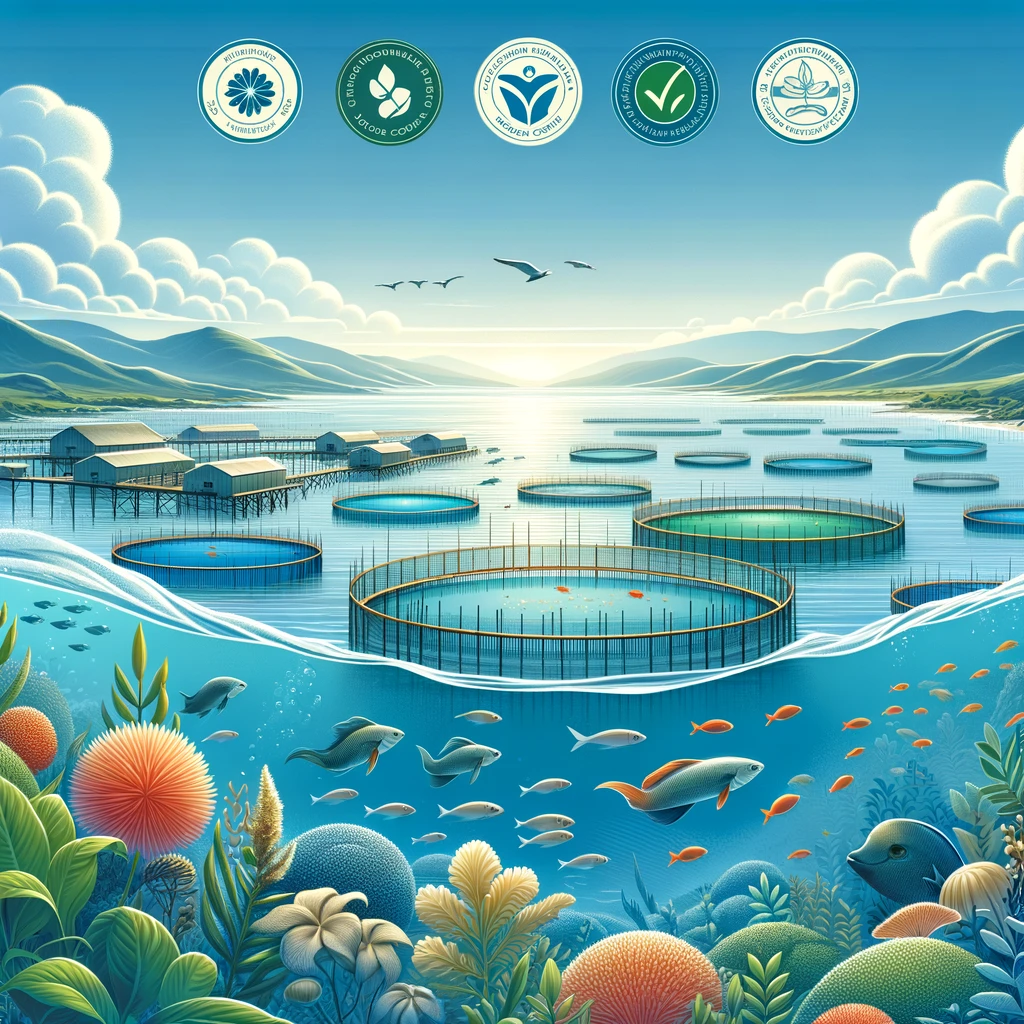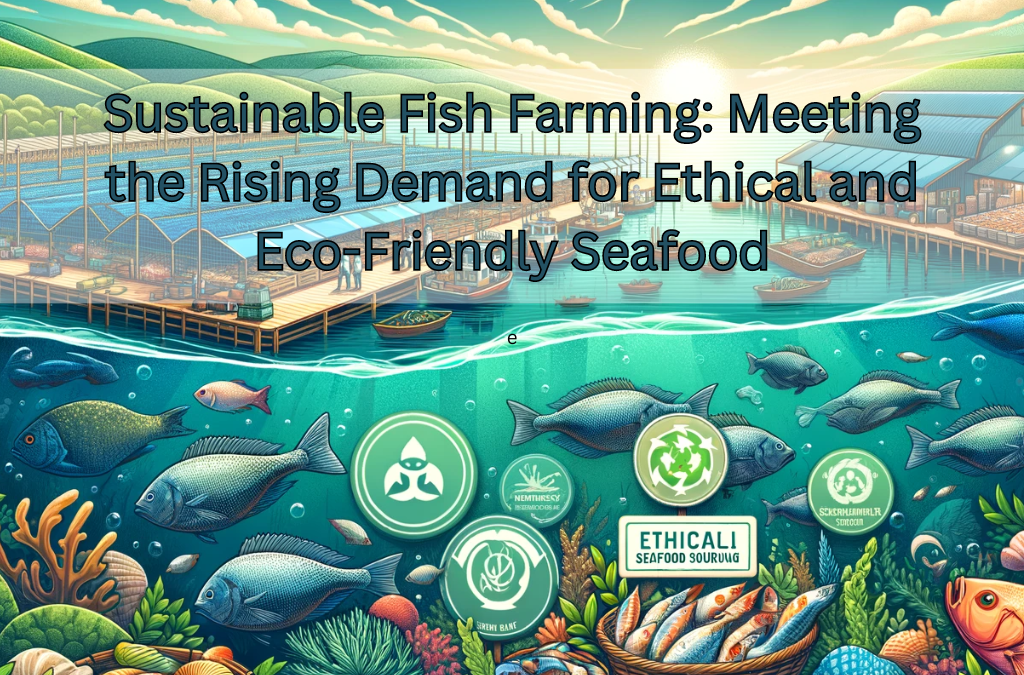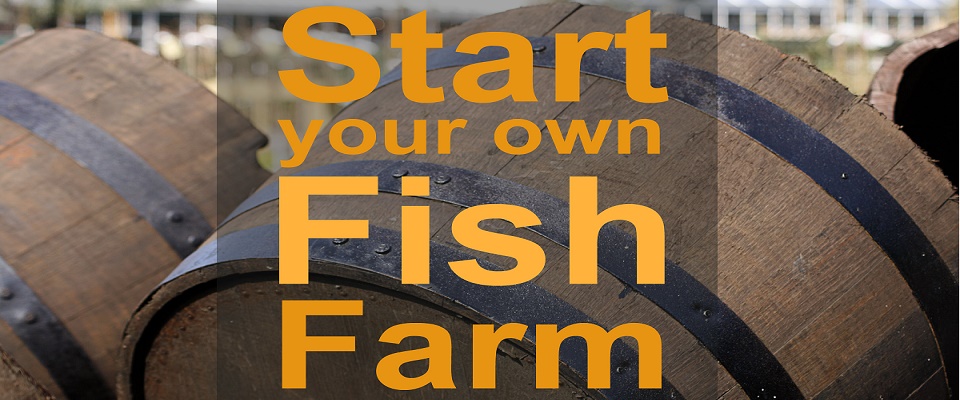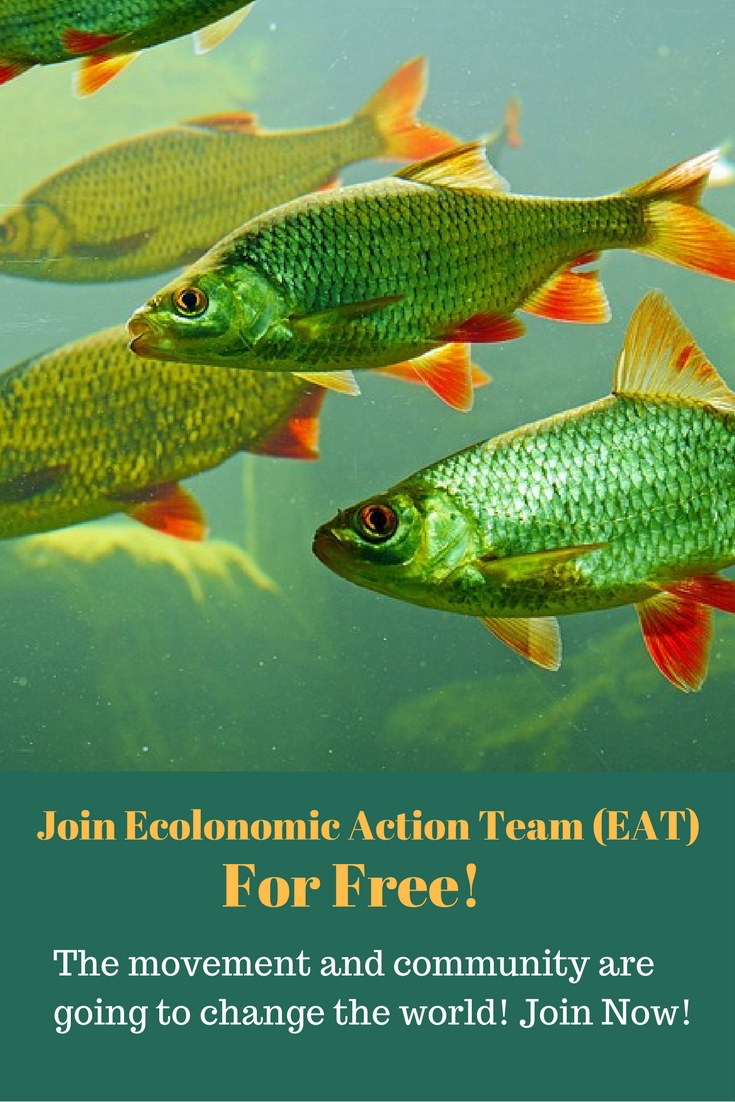In the world of fish farming, a sea change is happening. As consumers become increasingly conscious about the environmental and ethical implications of their seafood choices, the industry is pivoting to meet these evolving preferences. In this blog, we dive into how sustainable and ethical sourcing practices in fish farming are shaping the future of our seafood consumption.
Understanding the Shift in Consumer Tastes
“Customers today are more informed and concerned about where their food comes from than ever before,” says Dr. Wayne Dorband, an expert in sustainable aquaculture. This heightened awareness is particularly evident in the seafood industry. People are asking more questions about the origins of their fish and the methods used to farm them. For a significant segment of the market, the focus is now firmly on sustainability, ethical sourcing, and traceability.
Key Factors Driving Change
Several pivotal factors are influencing consumer purchasing decisions in the fish market:
- Environmental Concerns: “The impact of overfishing and harmful fishing practices on our oceans has been a wake-up call for many,” notes Jane Smith, a marine biologist. Consumers are increasingly seeking assurances that their seafood is sourced sustainably, without harming marine ecosystems.
- Ethical Treatment of Aquatic Life: There’s a growing understanding and concern about how fish and other aquatic life are treated. Humane farming practices are becoming a priority for consumers.
- Certification and Labels: Eco-certification schemes, such as those from the Marine Stewardship Council (MSC), play a significant role. These labels are powerful indicators of a product’s compliance with environmental and ethical guidelines.
- Supply Chain Transparency: “Customers value knowing the journey of their seafood from water to plate,” explains a seafood distributor. This demand for transparency is reshaping how the industry operates, emphasizing the importance of traceable supply chains.
Adapting to the New Market Realities of Fish Farming
The shift in consumer preferences has profound implications for the fish farming industry. To stay competitive and resonate with eco-conscious consumers, many fish producers are adopting sustainable aquaculture practices. This includes minimizing environmental impacts and reducing the use of antibiotics.
Moreover, farms that can demonstrate traceability in their supply chain and hold certifications from reputable organizations are finding themselves at an advantage. “Having a certification is more than just a badge; it’s a reassurance to our customers that we are committed to ethical and sustainable practices,” a fish farm owner shares.

Collaborative Efforts for a Sustainable Future
The path forward for the fish farming industry is clear – embrace sustainable and ethical practices and communicate these efforts effectively to consumers. “It’s not just about what we do; it’s also about how we tell our story,” a marketing expert in the seafood industry points out.
As consumers place a higher value on sustainability and ethical sourcing, fish producers who adapt to these preferences are poised to thrive. The industry, as a whole, must work together to ensure that sustainably and ethically sourced products are accessible to consumers, thereby contributing to the industry’s long-term viability.
Conclusion
In summary, the fish farming industry is at a pivotal juncture. By implementing ethical practices, gaining certifications, and maintaining supply chain transparency, the sector can align with current consumer expectations and pave the way for a more sustainable future. For those keen on delving deeper into sustainable aquaculture farming, resources like EAT Community offer invaluable insights and connections with industry experts.
This movement isn’t just a trend; it’s the future of seafood. And it’s a future we can all contribute to and benefit from, one sustainable choice at a time.
Join the Sustainable Seafood Movement!
Be Part of the Change – Embrace Sustainability in Seafood Choices
Are you passionate about making a positive impact on our oceans and marine life? It’s time to take action! By choosing sustainable and ethically sourced seafood, you can help drive the industry towards more responsible practices.
Here’s how you can contribute:
- Educate Yourself: Learn about sustainable fish farming practices and the importance of certifications like the Marine Stewardship Council (MSC).
- Ask Questions: When shopping for seafood, inquire about the source, the farming methods, and certifications. Your interest can influence suppliers and retailers.
- Choose Certified Products: Look for and purchase seafood with sustainability certifications. This simple act supports responsible fish farming.
- Spread the Word: Share your knowledge and choices with friends and family. Encourage them to join you in supporting sustainable seafood.
- Stay Informed: Visit the EAT Community for more insights and to connect with experts in sustainable aquaculture.
Your choices make a difference. Together, we can ensure a healthy future for our oceans and enjoy seafood that’s not only delicious but also ethically and sustainably sourced. Join the sustainable seafood movement today!



